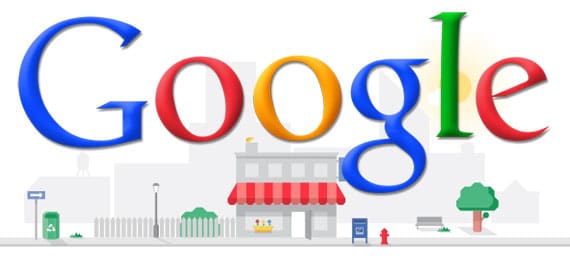Google’s search algorithm, also known as Hummingbird is comprised of several parts used to determine the ranking positions in the Google Search Results. Understanding what Google is looking for can help you improve your PageRank. PageRank is a score that Google uses as a ranking signal.

So let’s talk about ranking signals. Things such as words on a page are a ranking signal. An italicized or bold word may be used as another ranking signal. There is upward of over 200 ranking factors that Google’s “Hummingbird” factors into your PageRank. I’m going to break down a few common signals that should not be ignored if your wanting better rankings in Google.
Page Title – The page meta title should be a keyword or keyword phrase that describes what your website is about. Besides the URL, this may be the next most important on-page ranking factor Google considers. Common mistakes include using the same title on multiple page, using words that don’t specifically describe the product or service.
Heading Tags – Heading tags, also referred to as H1, H2, H3 etc… should be used at the beginning of each section on your website. Google scans your Heading tags, so again, these should be a keyword or keyword phrase that mentions what you offer.
Image Tags – One of the most common mistakes we find in most sites is website owners don’t tag their images with a keyword, keyword phrase, or a description. Without tagging an image, how is the search spider suppose to determine what the image is?
SSL Certificate – Yes, having an SSL security certificate is another proven ranking signal. Most low quality websites don’t use SSL certificates.
Google Analytics – Although this is debatable on whether it’s a ranking signal, it does improve your PageRank score and provides valuable incite to who’s visiting your website.
Google Search Console – Google Search Console is a free service offered by Google that helps you monitor, maintain and index your site’s presence in Google Search results. Google Search Console can help you understand how Google views your site and optimize its performance in search results so you can better optimize your website for search.
Links – Links are one of the most important ranking signals. Linking back from your social media sites and sharing your blog posts on social media websites also help improve your rankings. Remember, not all backlinks are created equal. You can get high quality backlinks from a reputable SEO Company, or by doing it yourself. We suggest spending 15 minutes a day writing a review on a plugin, or commenting on an industry related blog. Getting high quality backinks takes time, but it’s well worth the investment.
Local Citations – For businesses with a store front should also consider Local Citations. Local citations are mentions of your business address, phone number, and url from a directory or blog post. It helps signal Google that you have a Local Place. Make sure to list your business in Google Places for Business.
Video – Video content is proven to keep a visitor on your page longer. Longer page visits are also a ranking factor, and YouTube is the 2nd largest search engine in the world.
Mobile Friendly Website – A mobile friendly website is another very important Google ranking factor. With the majority of searches being conducted on cell phones and tablets, it is imperative to ensure your website is mobile friendly. Google has a free Mobile Friendly Checker if your not sure whether your site is mobile friendly. Get your Mobile-Friendly test here.
Site Speed – How fast your page loads is now being implemented on Google’s Mobile Search results. Most users leave a website if the page takes longer than 3 seconds to load. Hosting on a quality server and utilizing a caching plugin can greatly improve your website speed and overall quality score.
To conclude this article, ranking factors work together. The more you have, the better you rank. Get with a Local SEO consultant and learn what areas your site can be improved for optimal results.



